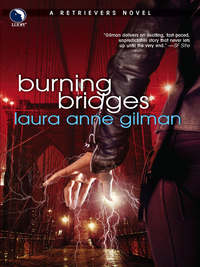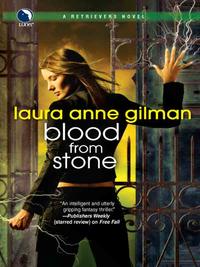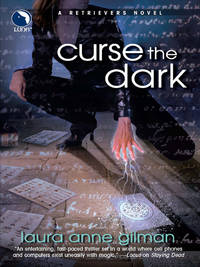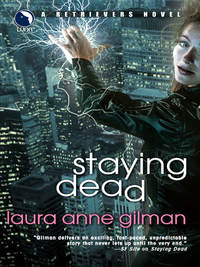Free Fall
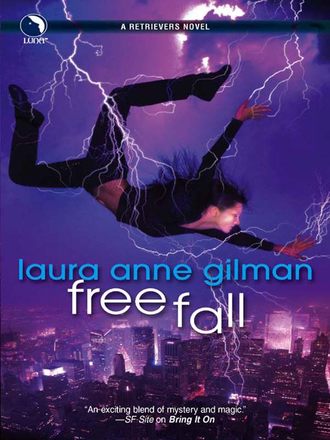
Полная версия
Free Fall
Жанр: фэнтезикниги о войнесовременная зарубежная литературазарубежное фэнтезигероическое фэнтезисерьезное чтениеоб истории серьезно
Язык: Английский
Год издания: 2019
Добавлена:
Настройки чтения
Размер шрифта
Высота строк
Поля
Конец ознакомительного фрагмента
Купить и скачать всю книгу

